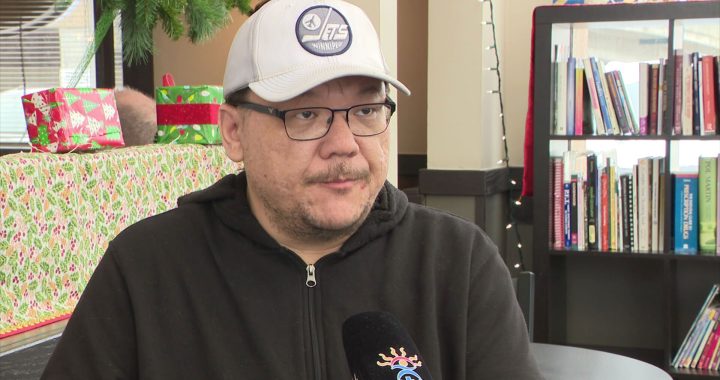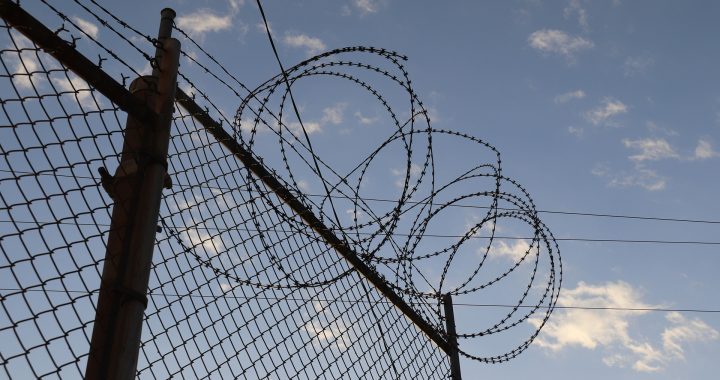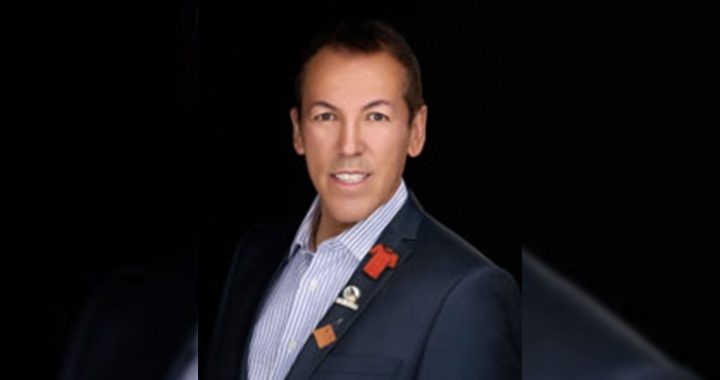Brett Forester and Todd Lamirande
APTN News
Today the NDP demanded the federal government “guarantee compensation” for the family of a residential school survivor who was allegedly raped in 1970 by an Indian Affairs guidance counsellor that was driving her to the St. Michael’s Indian Residential School in Duck Lake, Sask.
The unnamed survivor died on Nov. 14, 2015, before learning this claim for inclusion in the Indian Residential Schools Settlement Agreement (IRSSA) was rejected.
Her claim proceeded as an “estate claim” after that.
Last year, the woman’s estate received compensation for a second unrelated incident of sexual assault that occurred after her enrollment in a different residential school.
The claim relating to the first alleged assault was rejected because it took place before she was a student, and the accused perpetrator – though a federal employee – was not employed by St. Michael’s. Her family brought the case before the B.C. Supreme Court, which upheld the decision earlier this month.
“It is a horrific story from a horrific era and a horrific breach of trust,” Charlie Angus, federal NDP Critic for Indigenous Youth, said during a press conference in Ottawa.
“But instead of settling with the victim, the government of Justin Trudeau and Madame Carolyn Bennett have gone all the way to British Columbia superior court to deny justice to this victim of a sexual crime committed by a federal official.”
He gave reporters a letter he addressed to Bennett, the minister of Crown-Indigenous Relations, dated Friday Jan. 17.
“When will you order your officials [to] end their toxic tactics of undermining the rights of residential school survivors?” the letter asked.
Bennett is currently in Winnipeg for her government’s cabinet retreat, and responded with an email statement.
“What happened to this young woman was horrific and inexcusable,” stated the email from Bennett’s press secretary Jane Deeks.
“Even though the BC Supreme Court has ruled that this claim does not fit within the negotiated terms of Indian Residential School Settlement Agreement (IRSSA), Minister Bennett has directed departmental officials to identify other possible means for appropriate resolution as the Government of Canada does not dispute these allegations.
“We know that IRSSA did not address all forms of Indigenous childhood abuse. We are committed to resolving claims that fall outside of this process which is why Minister Bennett has also directed the department to investigate to ensure appropriate resolution of similar claims. As we have done since 2015, our government will continue to work with survivors and their families to ensure that every Indigenous child who was harmed under past governments is compensated.”
The original claimant applied for inclusion under the settlement agreement independent assessment process (IAP). This process is nearly complete. Only 15 claims remain in progress, and $3.18 billion has been paid out under it.
An “Appalling” Case
Justice Brenda Brown’s written decision named neither the victim nor the alleged perpetrator, who was not subjected to criminal charges.
The accusations of sexual assault were never tested in criminal court, rather, they were brought forward by the survivor and her family as part of her bid to be included in the class action settlement agreement.
The initial adjudicator assessing the survivor’s claim rejected that bid. The decision was upheld by a review, a re-review, and now by the provincial Supreme Court.
Doug Racine and Benjamin Omoruyi, lawyers for the claimant’s estate, said they felt “disappointment” when they saw the decision.
Angus’s letter also called the facts of the case “appalling.”
The woman said she was 15 years old when a man “who said it was his job” to take people to the residential school picked her up from the Witchekan Lake First Nation. He allegedly stopped on a sideroad and raped her on the way.
But, according to her claim’s adjudicator, she was not a student at this time.
“She was just walking along the road when she was scooped up by a strange man,” the adjudicator wrote.
She spent eight months at St Michael’s. After that she was enrolled at Lebret (Qu’appelle) Residential School in September 1971. She said a second assault took place after she tried to flee from there.
She was discharged a month later.
“This is indeed a troubling case, and a troubling outcome,” Brown ruled, upholding the previous decisions that because she was not technically a student nor on the premises of the school, and since the man was not a school employee, she wasn’t eligible for inclusion in the settlement agreement.
Her estate can still pursue her claim “through other means,” though it’s not yet clear what these are.
Angus called this “a ridiculous position for that judge to take.”
“How is it possible to say that if you were raped on the way to school but not in the school, you’re not eligible for compensation? I put that to the Canadian people. That’s a really simple thing to say.”
The lawyers said they aren’t sure if their client is going to appeal.
[email protected]
[email protected]










